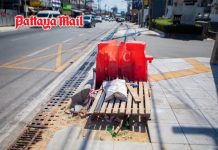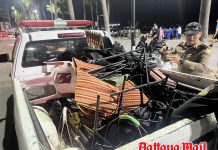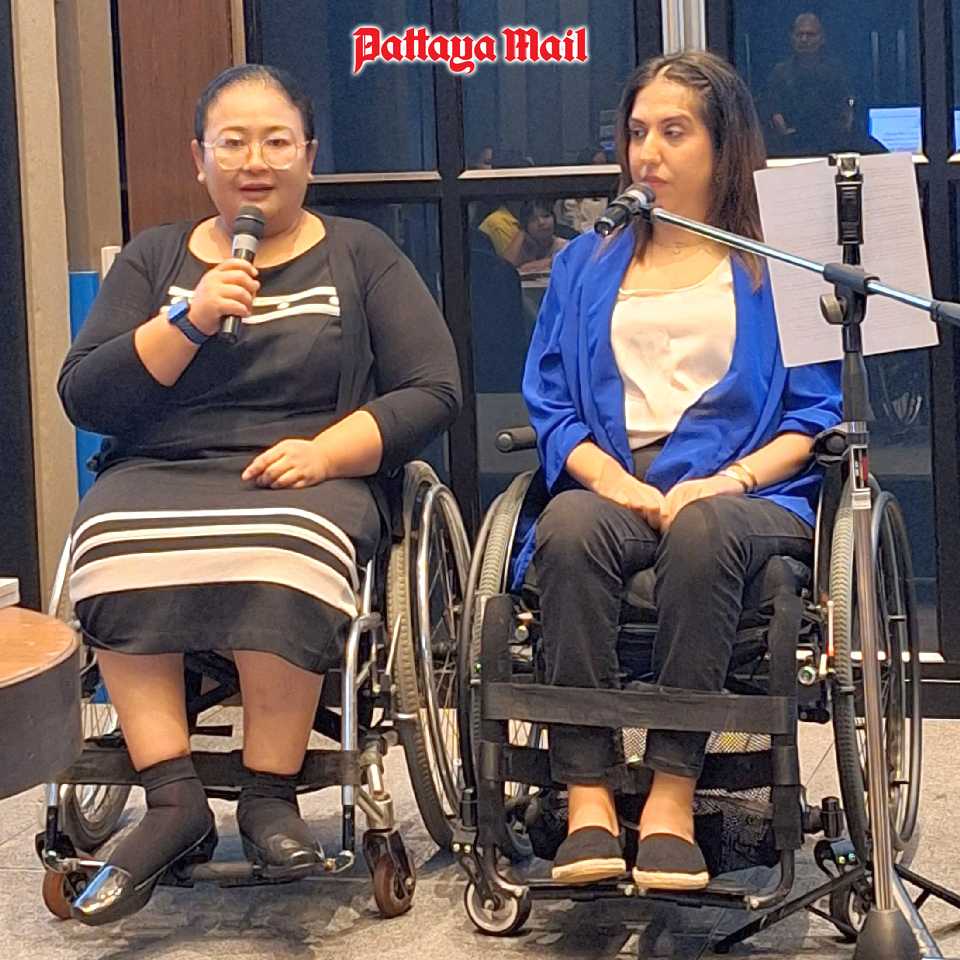
PATTAYA, Thailand – At the May 29 meeting of the Pattaya City Expats Club (PCEC), Khun Kwanruthai (Jeab) Savangsri with Khun Nina, a quadriplegic, spoke about the Rights of Disabled People in Thailand. Khun Jeab is currently working at the Foundation for Empowerment of Persons with Disabilities. Nina is a full-time interpreter and co-founder of BB van. BB derives from “breaking barriers,” a project that started about 5years ago to cater to providing accessible transportation for disabled locals and tourists in the Pattaya area.
Their talk covered various topics related to disability and employment: Some included the legal framework, the tax incentives, the social barriers, the types of jobs, the transportation issues, and the self-help groups for disabled people. In Thailand, like many parts of the world, people with disabilities face significant barriers to employment. Despite their skills, qualifications, and eagerness to contribute to society, they are often overlooked and excluded from the workforce. This perpetuates a cycle of exclusion and marginalization, depriving them of the chance to showcase their skills and talents.
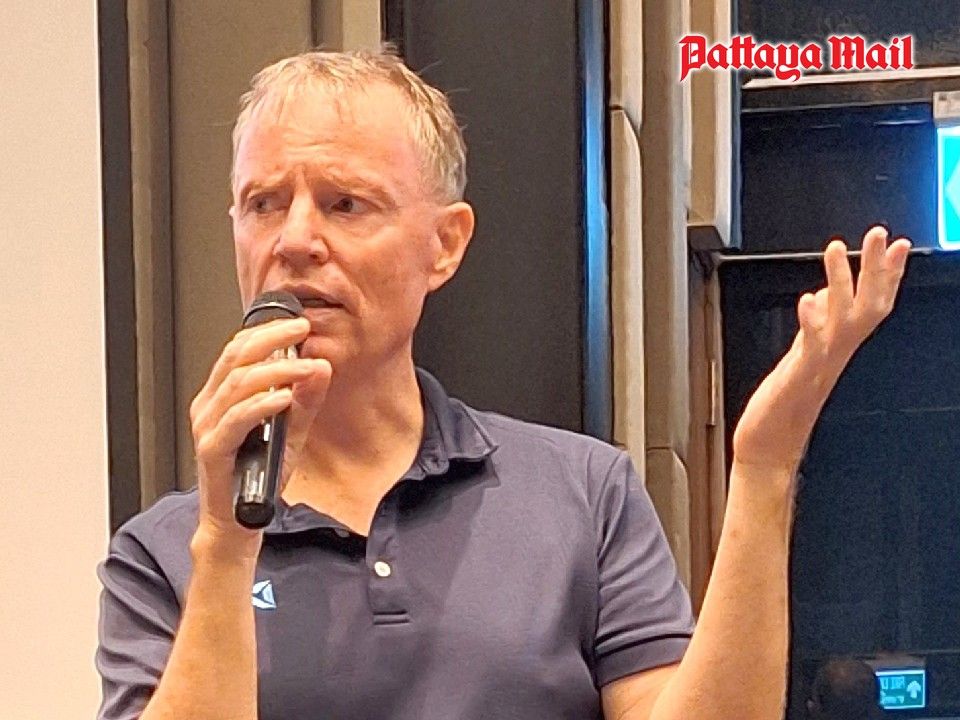
According to recent statistics, 4% of the population in Thailand is disabled, which accounts for almost 2.7 million people. As persons who use wheelchairs, Jaeb and Nina have experienced firsthand the limited accessibility and the prejudiced attitude that prevails in the job market. Many employers hesitate to hire people with disabilities, citing concerns about productivity, accommodation, or misconceptions about their capabilities.
However, Jaeb and Nina as well as other advocates are fighting to change this. They are not seeking special treatment or any kind of pity. All they ask for is equal opportunities, a level playing field where their abilities are recognized and valued. They want to contribute, to work, to be independent, just like anybody else. Employment is not just about earning a living; it’s about dignity, self-worth, and integration into society.
When people with disabilities are given the chance to work, it’s not just a job; it’s empowerment. It’s a statement that their disabilities do not define them, that they have the right to pursue their dreams and aspirations like anybody else. Nina urges employees, friends, people that are working in big companies or foundations, or even policy-makers and society as a whole, to rethink their perceptions and participate regarding disability employment.

Jaeb and Nina mentioned their own backgrounds, their motivations, their struggles, and their achievements as people with disabilities. They also give several examples of some disabled people who have found work and improved their quality of life. One point they brought out is they try if possible to find work the disabled person can do for a business in their own homes, thus eliminating the need for travel which may be beyond their means.
In conclusion, their main message was that by investing in accessibility, providing reasonable accommodation, and most importantly, embracing diversity at the workplace, companies and organizations can enrich not only the lives of individuals with disabilities but also help integrate them into society as a whole. Jaeb and Nina believe that with all working together, they can build a more inclusive and equitable Thailand, where every individual, regardless of their abilities, has the opportunity to thrive and contribute to the nation’s prosperity.
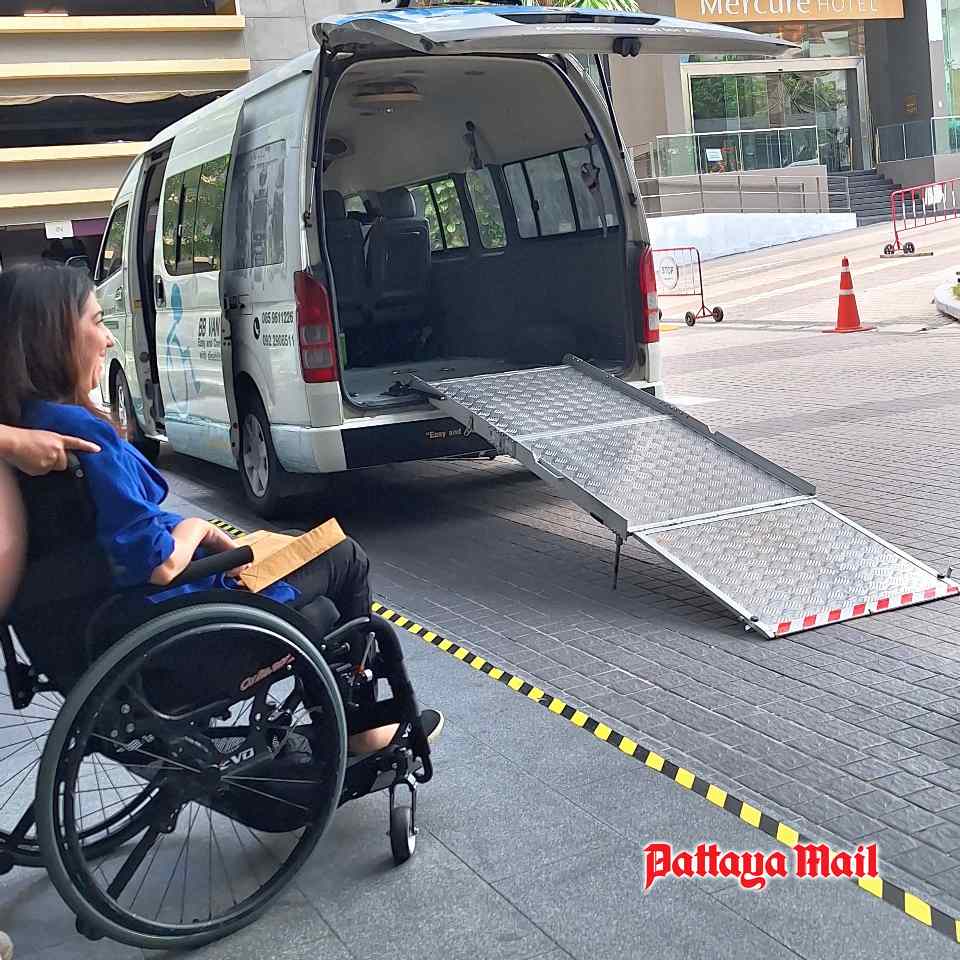
Upon conclusion of the presentation, MC Ren Lexander brought everyone up to date on upcoming PCEC events and called on George Wilson to conduct the Open Forum portion of the meeting where questions and comments can be made about Expat living in Thailand, especially Pattaya. To learn more about the PCEC, visit their website at https://pcec.club/. To view a video of the presentation, visit the PCEC’s YouTube channel at: https://www.youtube.com/watch?v=Yo0qLFGPMfk







